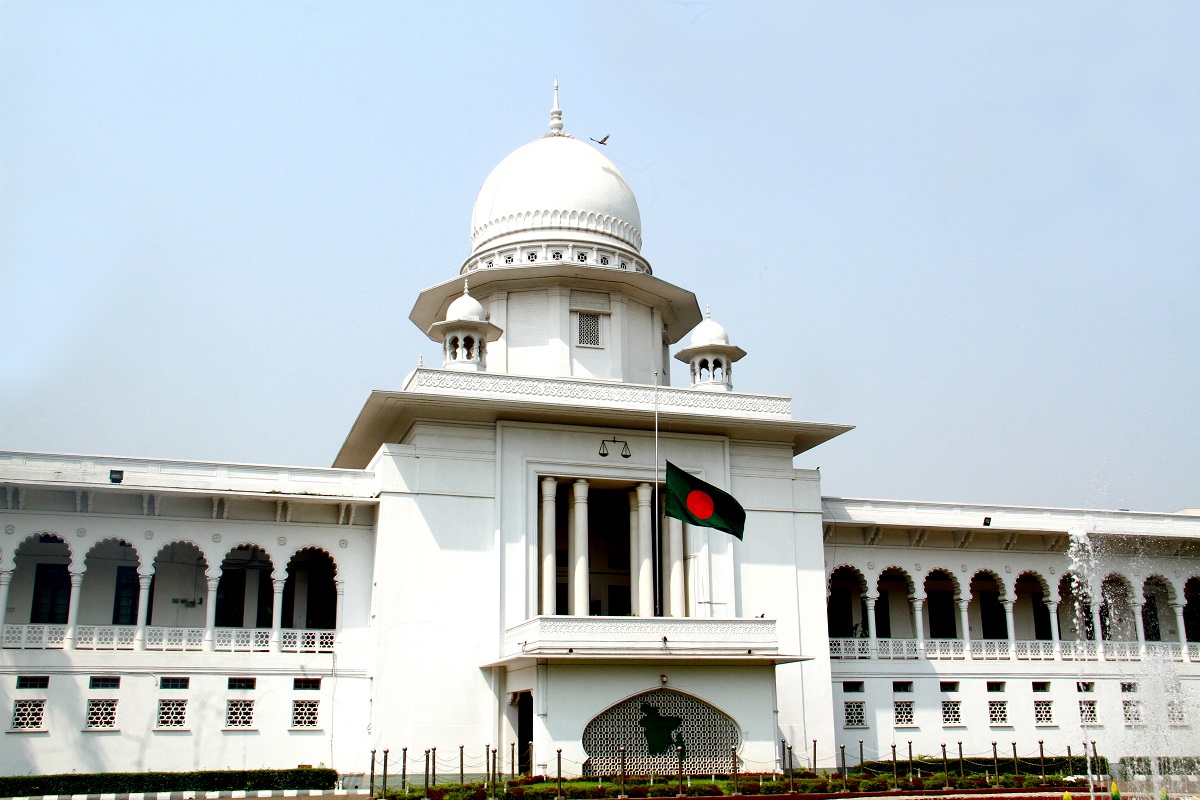Bangladesh Supreme Court Restores Jamaat-e-Islami’s Registration, Clearing Path for Election Participation

The Appellate Division bench, led by Chief Justice Syed Refaat Ahmed, directed the Election Commission to reinstate Jamaat-e-Islami’s registration without delay but left the decision on the party’s traditional election symbol, the “scale,” to the Commission. The party’s registration had been revoked following allegations of opposition to Bangladesh’s independence in 1971 and its involvement in political violence.
Jamaat-e-Islami’s legal team welcomed the decision, stating it would promote a more inclusive, multiparty democracy in the country. The party had appealed the ban following the ousting of Hasina’s government in August 2024 amid mass protests. The interim government led by Chief Adviser Muhammad Yunus had earlier lifted an executive ban on the party, setting the stage for the court’s ruling.
The Supreme Court’s decision follows the recent acquittal of Jamaat leader ATM Azharul Islam, who had been sentenced to death in 2014 for war crimes committed during the 1971 Liberation War. The reinstatement of Jamaat-e-Islami marks a significant shift in Bangladesh’s political landscape as the nation prepares for elections next year.
Comments
Post a Comment